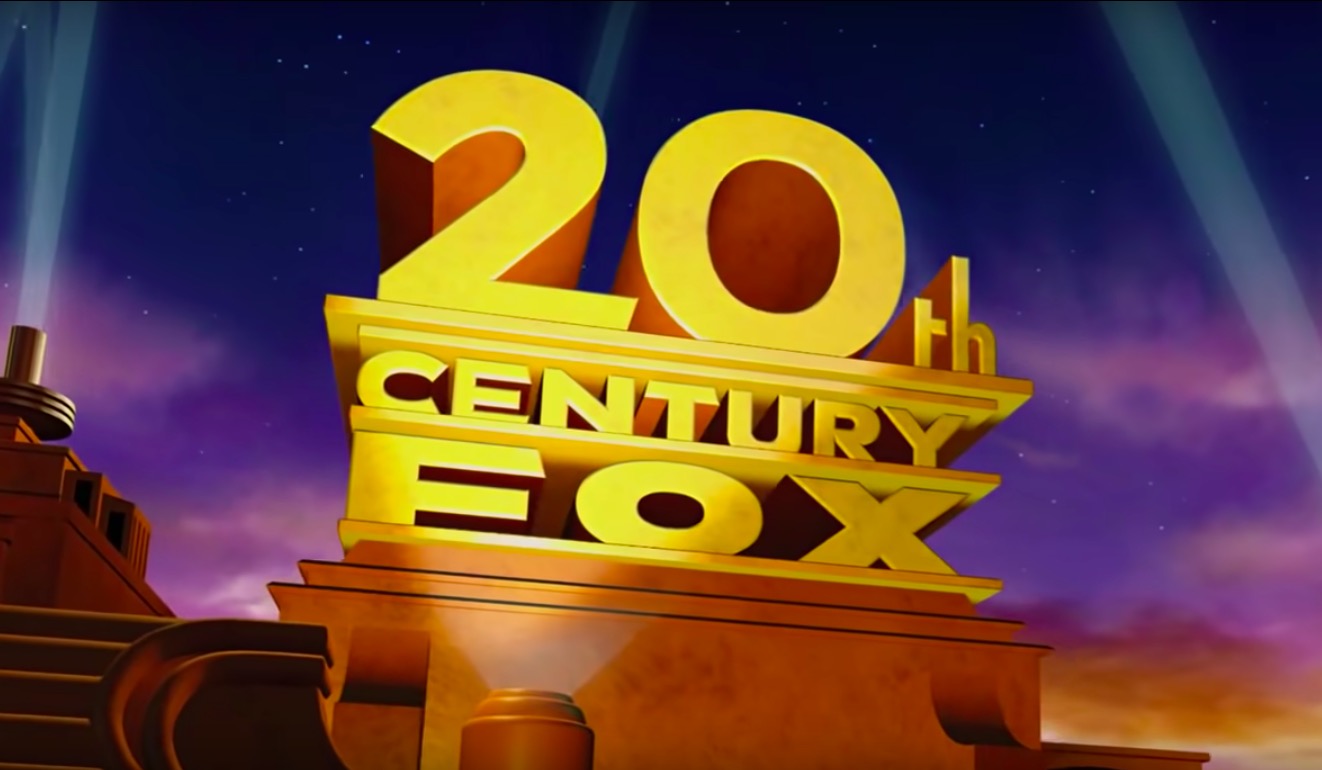Disney Drops ‘Fox’ from Studio Names, But a Similar Scenario Almost Played Out 85 Years Ago

Drum roll, please…
Disney is dropping the Fox name from 20th Century Fox and Fox Searchlight Pictures, the studios it acquired from Rupert Murdoch last year in a multi-billion dollar deal. They will be renamed 20th Century Studios and Searchlight Pictures.
It’s easy to speculate why Disney might no longer want to be associated with Fox, given that the name has become so politicized over the past couple of decades. “I think the Fox name means Murdoch, and that is toxic,” a source told Variety, which broke the news of the name change, alluding to Fox News, which Murdoch held onto in the sale to Disney. (Fox News is now a part of Fox Corporation, whose CEO is Murdoch’s son Lachlan.)
The rebranding marks the end of an era for the Fox name, though a similar scenario that is pretty much lost to history almost played out 85 years ago, when Twentieth Century Pictures and the Fox Film Corporation were merged to become 20th Century Fox.
Even way back in 1935, it turns out, the Fox name “was considered tainted,” said Vanda Krefft, the author of The Man Who Made the Movies: The Meteoric Rise and Tragic Fall of William Fox, published in 2017. But the reasons for the taint, Krefft told Mediaite in a phone interview, were altogether different and, she believes, unjustified.
A little history: The Fox Film Corporation was founded in 1915 by the Hungarian immigrant William Fox, a founding father of the American motion picture industry who produced hundreds of feature films. In 1929, Fox bought a controlling stake in Loew’s, Inc., the parent company of MGM, making him the most powerful individual in the film industry. It was also a move that would spell his end.
As Krefft tells it in her book, Fox had borrowed money from AT&T and an investment banking firm to buy Loew’s, but shortly after the purchase he got into a bad car accident, which put him out of commission in the months leading up to the most destructive stock market crash in American history. Caught off guard, Fox was unable to refinance his debt, and his creditors turned against him.
“They did not want to be repaid,” Krefft told Mediaite. “They wanted control of the studio.”
It’s easy to get too deep in the weeds here — but the upshot is that Fox, cash-strapped, was forced to sell his voting shares in April of 1930, when his loans were due, losing control of the company he had worked so hard to build over the past decade and a half. He would never return to the studio.
Krefft contends that Fox was treated unjustly. “There is a strong argument to be made for a banking conspiracy against him,” she said.
Unfairly or not, by the time that Fox Film Corporation and Twentieth Century Pictures were merged five years later, Fox’s name had been sullied by the financial crunch he had come to be associated with. “There has been a bad smell about Fox in the past,” then-Fox Film president Sidney Kent said. “Some of it still persists. It will be an asset to the company to send new product out under a new label.”
Fox was “very upset at that prospect,” Krefft told Mediaite, adding: “He started that company. He was the sole authority at it for those first 15 years, and he made it what it is. He bought the property where the studio now resides in West L.A., which is of unfathomable value.”
The name persisted, however, most likely in an effort to maintain some sense of continuity, Krefft assumes, though it isn’t entirely clear why.
Fox died in 1952 in relative obscurity. It’s something of a marvel, then, that his name should have persisted for as long as it has — and through so many ownership changes. Fox the person has “largely been erased from history,” Krefft said, though she contends that he was one of the most important early studio founders.
With that in mind, it’s “very sad,” Krefft told Mediaite, that Disney should decide t0 excise any trace of Fox from its branding.
“The studio is his creation,” she said. “It’s just unfathomable to me that they would remove the Fox name—especially to keep ‘20th century.’ Let’s check our calendars. I think we’re in the 21st century now.”




